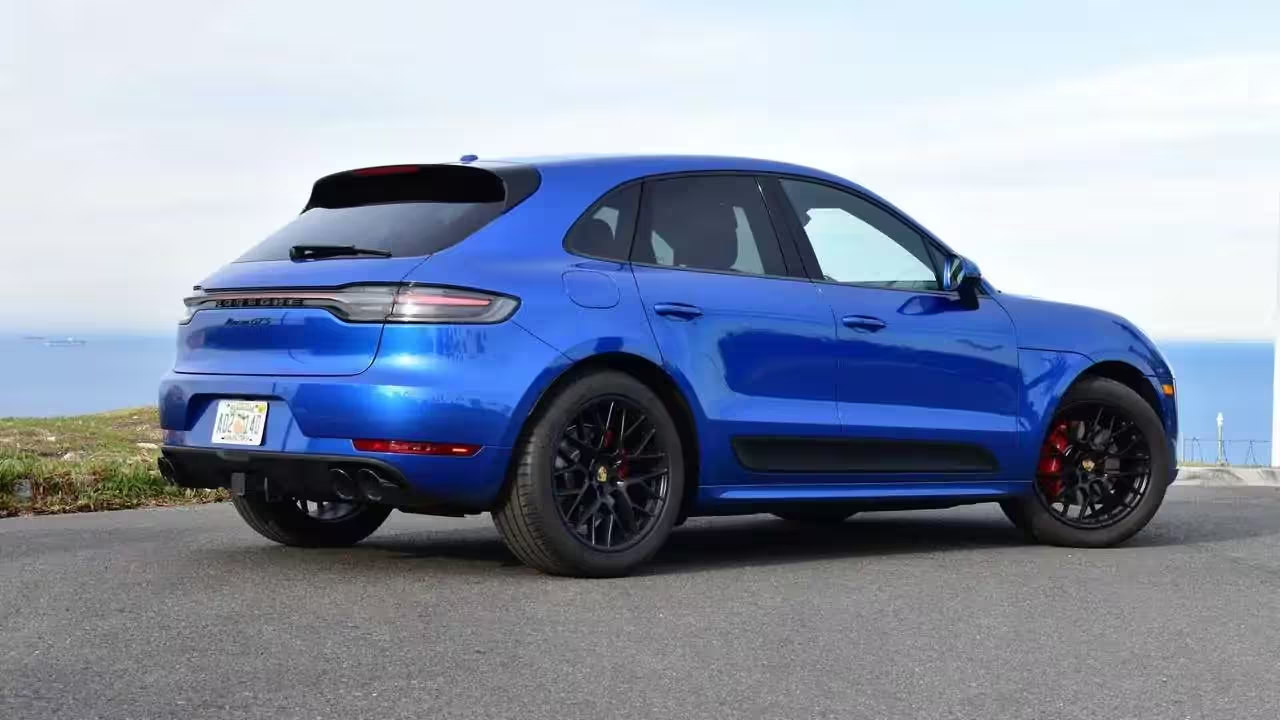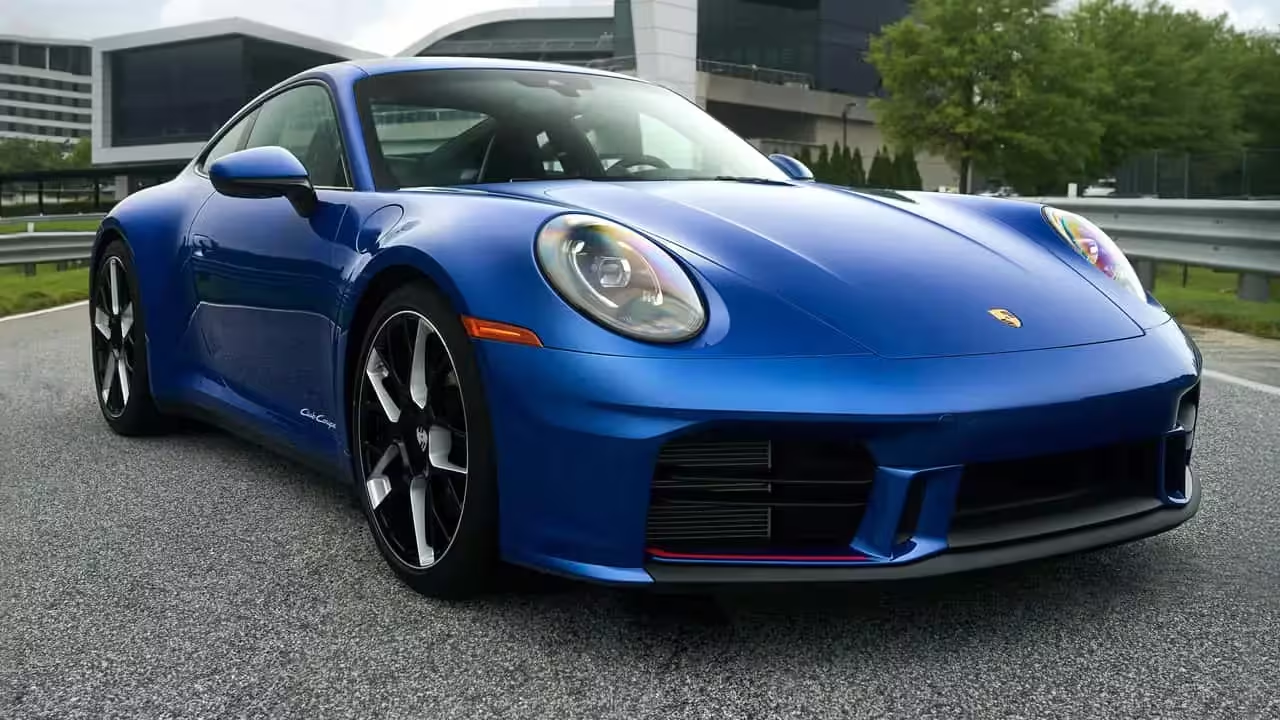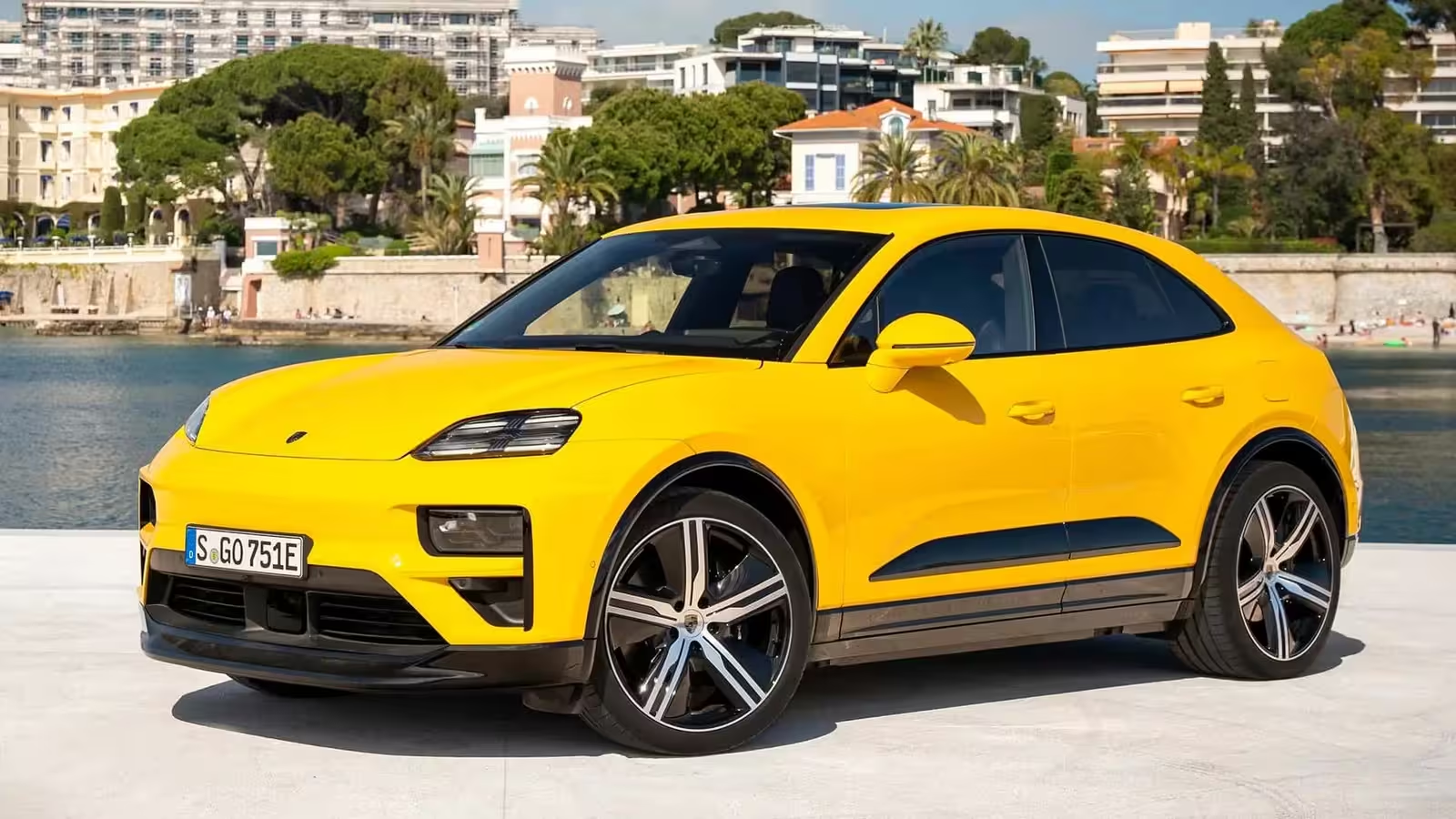6 Minutes
Porsche Macan EV Takes the Lead in Sales
Porsche is making headlines in the automotive world with impressive sales results for the first half of the year. The second-generation Porsche Macan, now available exclusively as an electric vehicle (EV) in many regions, has quickly become the brand’s top-seller, marking a 15% boost compared to the same period in 2024. With 45,137 units delivered globally, the Macan outperformed every other Porsche model, confirming the growing consumer shift towards high-performance electric SUVs.
Electrifying Success: Sales Breakdown
What’s driving this momentum? Approximately 57% of Macan customers chose the all-electric version, with 25,884 EVs handed over to buyers, while the remaining 43%—or 19,253 units—were powered by traditional gasoline engines. Notably, the availability of models varies by region due to new regulations; for example, the combustion Macan has been absent from the European Union since mid-2024. Contrary to popular belief, this isn’t linked to emissions restrictions, but rather to stringent EU cybersecurity laws implemented in July 2024 that affected the continued sale of certain vehicles.

The Market Gap and Porsche’s Future Plans
The removal of the gas-powered Macan from Europe’s 27 markets has revealed an ongoing appetite for conventional powertrains. Although Porsche plans to retire the first-generation Macan globally by 2026, the company isn’t ignoring demand for internal combustion engine (ICE) SUVs. Porsche is actively evaluating a brand-new, gas-powered crossover that would be positioned below the Cayenne in the lineup, potentially taking advantage of shared engineering with the latest Audi Q5 and its Premium Platform Combustion (PPC). However, there is an expected gap in the Porsche SUV portfolio, as the classic Macan fades out and this potential new model won’t arrive before the end of the decade.
Porsche Cayenne and the Broader Lineup: Trends and Shifts
Following the Macan, the ever-popular Cayenne secured its place as Porsche’s second best-seller with 41,873 units delivered through June, though this figure is down 23% year-over-year. Porsche attributes the dip to unique circumstances, including a "catch-up" in previous year deliveries. A completely redesigned electric Cayenne is set for reveal later this year, with sales expected to start influencing Porsche’s numbers around 2026. Importantly, the gasoline-powered Cayenne will continue to be offered well into the 2030s, allowing customers to choose between combustion and electric options.
The iconic 911, Porsche’s flagship sports car, rounded out the top three with 25,608 units—a 9% drop compared to last year. The change is largely because of the staggered rollout of the updated 992.2 generation and surging demand for the outgoing model as it phased out.

Performance and Design: How the New Macan Stands Out
The electric Porsche Macan isn’t just making headlines for sales; its cutting-edge design, track-proven performance, and advanced EV technology are redefining the compact luxury SUV segment. The Macan EV offers rapid acceleration, outstanding driving dynamics, and the kind of interior luxury expected from Porsche, making it a standout for drivers who crave both performance and eco-friendly mobility. Features like innovative infotainment, advanced driver assistance systems, and premium cabin materials keep it competitive against rivals such as the Tesla Model Y and Audi Q6 e-tron.
Panamera, Boxster, Cayman, and Taycan: Additional Highlights
The Panamera came in fourth, with a notable 13% rise year-over-year, totaling 14,975 units. Like the Cayenne, the Panamera will continue to offer gasoline engines well into the 2030s, ensuring fans of classic sports sedans—or, technically, hatchbacks—still have options.
Conversely, the discontinuation of the 718 Boxster and Cayman in Europe, a result of the same cybersecurity regulations, dealt a blow to global sales for these models, now down 12% to 10,496 units. Production of the current 718 will cease in October, clearing the way for all-electric replacements. Unfortunately for purists, Porsche currently has no intention of bringing new gasoline versions of these models to market.
At the lower end of the brand’s sales spectrum, the Taycan, Porsche’s flagship electric sedan, registered 8,302 units—down 6% versus last year. Despite the downturn, Porsche’s leadership in Germany stands by the Taycan’s reputation as "the best electric car in the world."
Global Market Position and Future Outlook
Total Porsche vehicle deliveries for the first six months of the year reached 146,391 units—a 6% decrease from the previous year. North America remains Porsche’s largest single market, with 43,577 vehicles delivered—a robust 10% year-on-year increase. However, the end of sales for the Boxster, Cayman, and original Macan in Europe have dampened demand, particularly in Germany, where shipments dropped by 23% to 15,973 units. Eliminating the German market, Porsche’s overall European sales also fell by 8%, closing at 35,381 vehicles.
With the EV transition well underway and upcoming debuts like the next-generation electric Cayenne and fresh electric sports cars, Porsche is strategically evolving its line-up to balance innovation with the tradition and prestige that define the brand. Car enthusiasts can look forward to an exciting mix of electric innovation and classic Porsche performance in the years ahead.



Comments